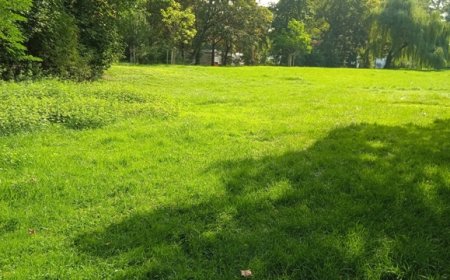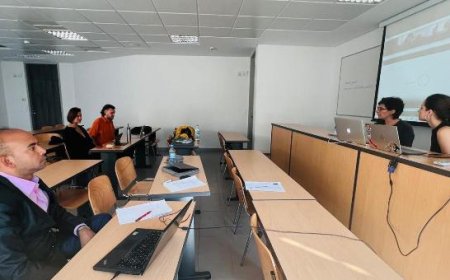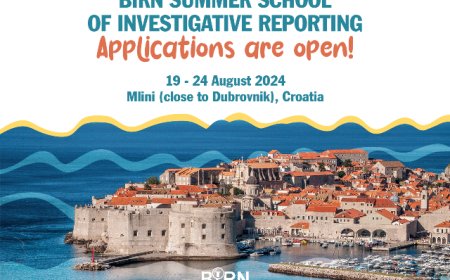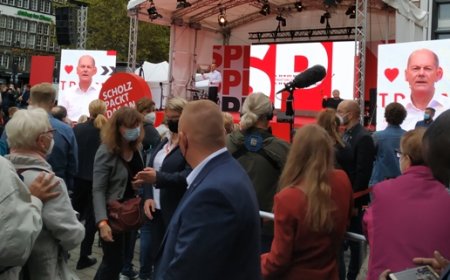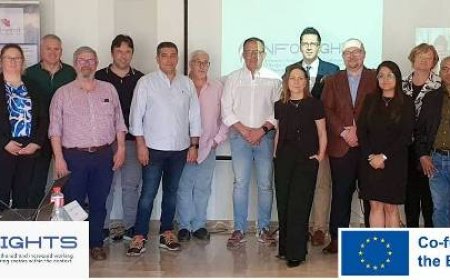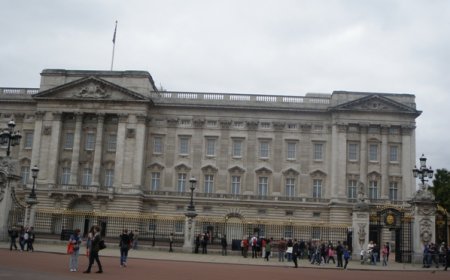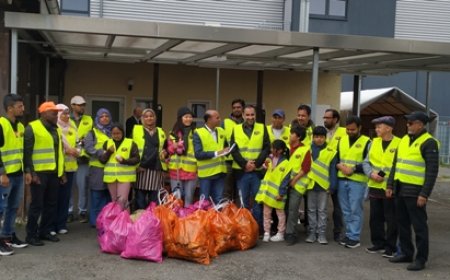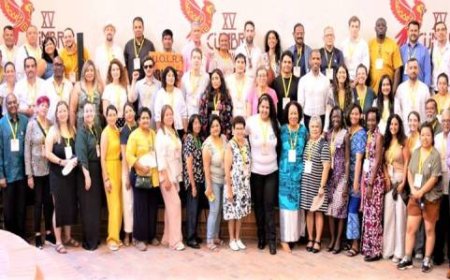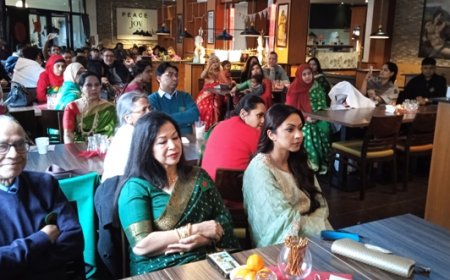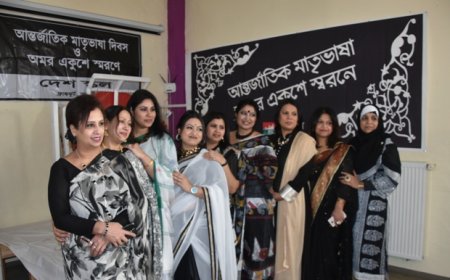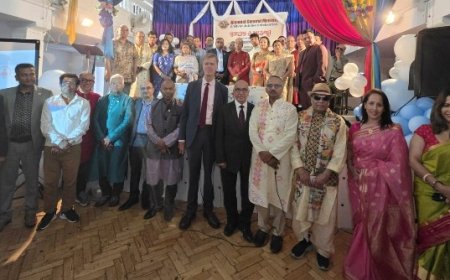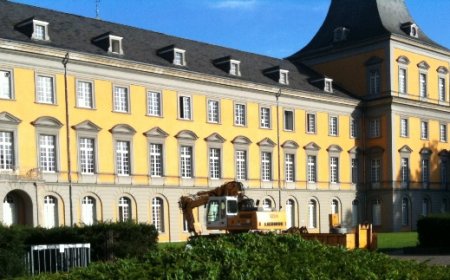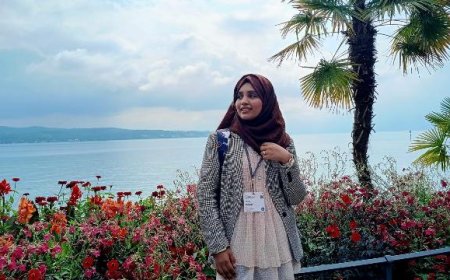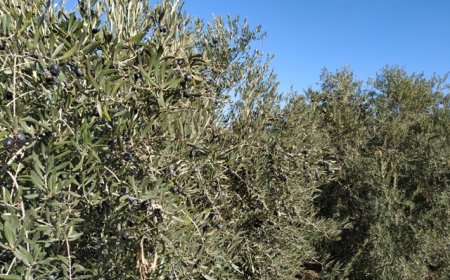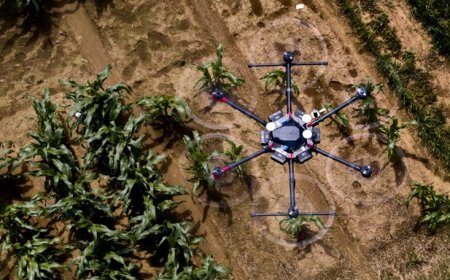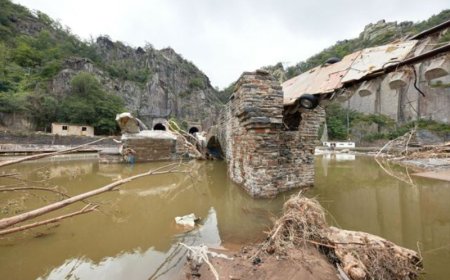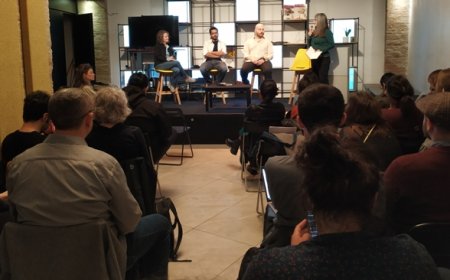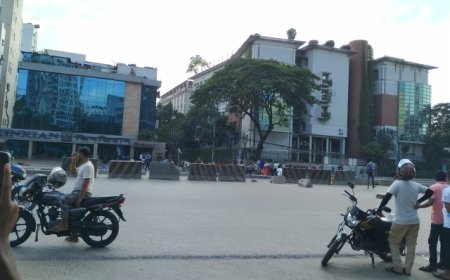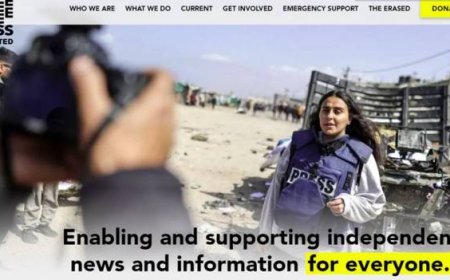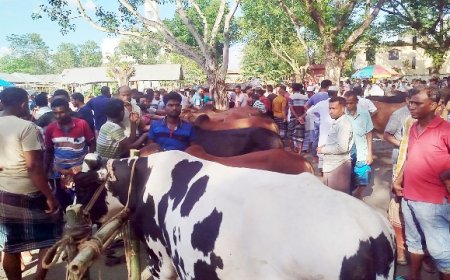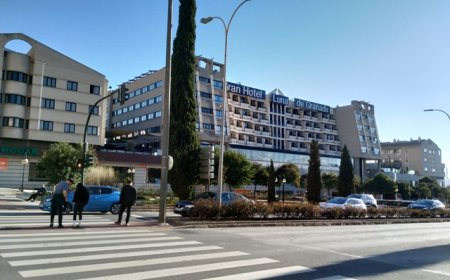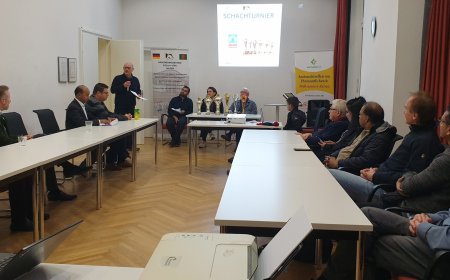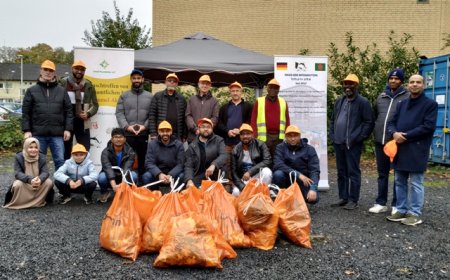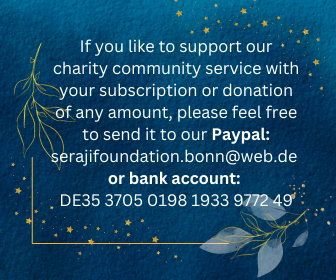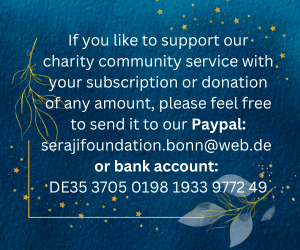Dreams of nanomedicine and challenges in the life of a tenacious young Bengali researcher
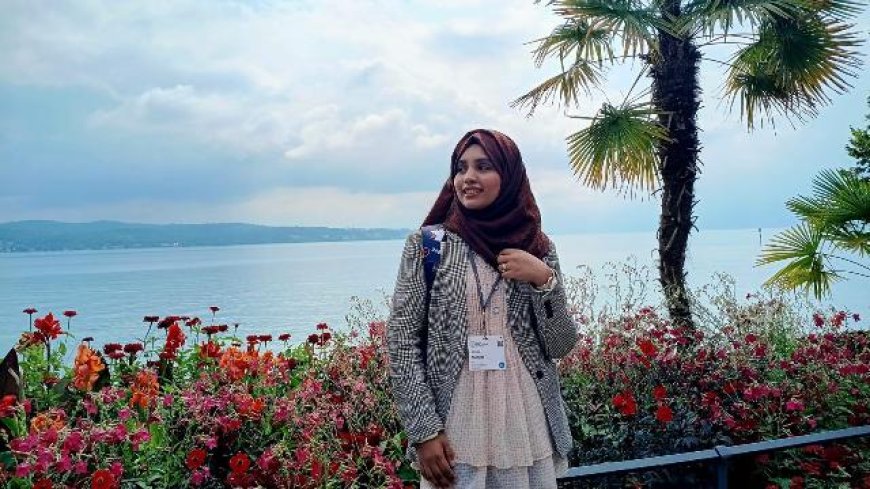
Marta Abbà
In the MATERIAL CHEMISTRY RESEARCH LAB at the University of Dhaka, Asima Monjur is working on what could revolutionize the medicine of the future. Her eyes shine when she speaks of her “great dream”: developing smart drug delivery systems through which drugs can be delivered with greater precision with millimetric precision.
A Scientist in Training
Her research focuses on solution electrochemistry with the purpose of targeting drug delivery. “I work on solution electrochemistry and I’m looking for ways in which drugs can be delivered with more precision using different types of stimuli, such as temperature or electrical potential,” she explains with enthusiasm. Her approach is as ambitious as it is concrete: manipulating the chemical properties of drugs through external stimuli to control their release in physiological fluids such as blood and serum.
Despite her young age - she has just completed her master’s degree and is preparing for her PhD - her initial results are promising and her passion is tenacious. This is immediately evident from her brilliant result in academics and the inherent ambition of research that led her to the laboratories where she now operates. A non-linear path, a symptom of resilience and clear ideas: “After finishing school I could not get the opportunity to study medicine. This has been my regret, and from regret I felt this motivation to contribute in medicine research from the perspective of chemistry and biochemistry.” I initially felt cut off from the world of medicine, then I reacted by starting to study chemistry and biochemistry and directing my research toward the medical field.”
Her scientific horizon indeed extends beyond current research. She dreams of deepening her knowledge of nanomedicine, a field she considers “fascinating” for its potential applications in disease management in the near future. “The application of nanotechnology in saving lives or protecting people from diseases is very fascinating,” she reflects, imagining a future where science can make a concrete difference in people’s lives.
The Challenges of Doing Research in Bangladesh
Behind the scientific enthusiasm, the complexities of doing research in a developing country emerge. The current educational system in Bangladesh, she explains, encourages students to have only high quality results which is often dedicating a significant time in theoretical lessons to dedicate much time to theoretical lessons, with limited opportunities for practical laboratory experience. “In our country, even though a student has the dream to expand her career in research, it does not always end up being a satisfying thing” she observes with realism. The young researcher now finds herself facing a dilemma that unites many of her peers: stay or leave. “I’m confused. If I leave to pursue PhD somewhere, probably I would feel myself to be distanced out from the research that I initiated from scratch a year ago,” she explains, admitting that this option generates a deep conflict within her.
The pressures are not only professional. “I feel pressure from my personal life and from academia,” she confesses. “On the other hand, Sometimes, I feel the pressure on choosing a so-called perfect career like they say, that suits me.” The reconciliation between scientific aspirations and social expectations represents a constant challenge, aggravated by the need to maintain excellent academic results while trying to excel also in the world of research.
Another significant obstacle is represented by financial limitations. “Coming from a developing country, we have to deal with the economic aspect more than others and this greatly impacts the speed with which research advances,” she explains. This reality leads her to reflect on broader issues: “Science should be able to grow independently, fairly and freely, because we are all working for the good of everyone and not of a single country.” Despite the difficulties, she maintains an optimistic and determined perspective. She had assumed leadership roles in organizations that used to work to promote research culture among undergrad students, becoming president of one of these. She used to prepare scientific content and dedicates herself to volunteering, demonstrating a commitment that goes beyond personal career. Science first!
The Lindau Experience: A Window to the World
Among the many results already achieved by Asima is also participation in the Lindau Nobel Laureate Meeting dedicated to chemistry, held in early July on Lake Constance. She is in fact one of approximately 600 young researchers from around the world selected to take part in 5 days of panels and meetings with the presence of 33 Nobel Prize winners from the last 3 decades.
This opportunity represents a turning point for her. “I am fortunate to be here together with so many talented scientists, it’s an inspiration and a motivation at the same time,” she recounts. She smiles to herself and then confesses with a mixture of pride and fear that “it’s the first time I travel alone and the first time I leave Bangladesh. But I was never afraid, it’s fantastic and I feel lucky. At the beginning of a new chapter.”
At Lindau she discovers a scientific environment different from what she expected, welcoming even to her, the youngest of all and coming from far away. “Even people much more experienced than I, with postdoc or are in a well-known industry, are so humble to ask for collaborations with my lab, give me their contacts and ask me to collaborate with them.” The conference also offers her the opportunity to meet other Bangladeshis who live and work abroad, especially in the United States or Germany. These meetings open new perspectives on international career possibilities, while simultaneously fueling her doubts about the future. The most significant aspect of the experience is the discovery of a global scientific community where national barriers seem to dissolve. “I also found Europeans who relate to Indians or Bangladeshis, I also found people from Africa who relate to me,” she notes with wonder. “Every lunch or dinner we ate together, we have face-to-face conversations, he or she is interested in me and I in him or her.” This international openness makes her reflect on her own prejudices: “I think that, even if I don’t want to, sometimes we have a distorted vision of what we are doing,” she admits. “We are very biased when we see Europe, and outside Europe it’s like a barrier.”
Returning to Bangladesh after the conference, she brings with her not only new scientific knowledge, but also renewed confidence in her abilities and a network of international contacts. “I’m collecting many ideas and I have to study, but I’m curious to understand,” she concludes. As a researcher, she could have no other objective than to discover, and she will do so.
What's Your Reaction?







